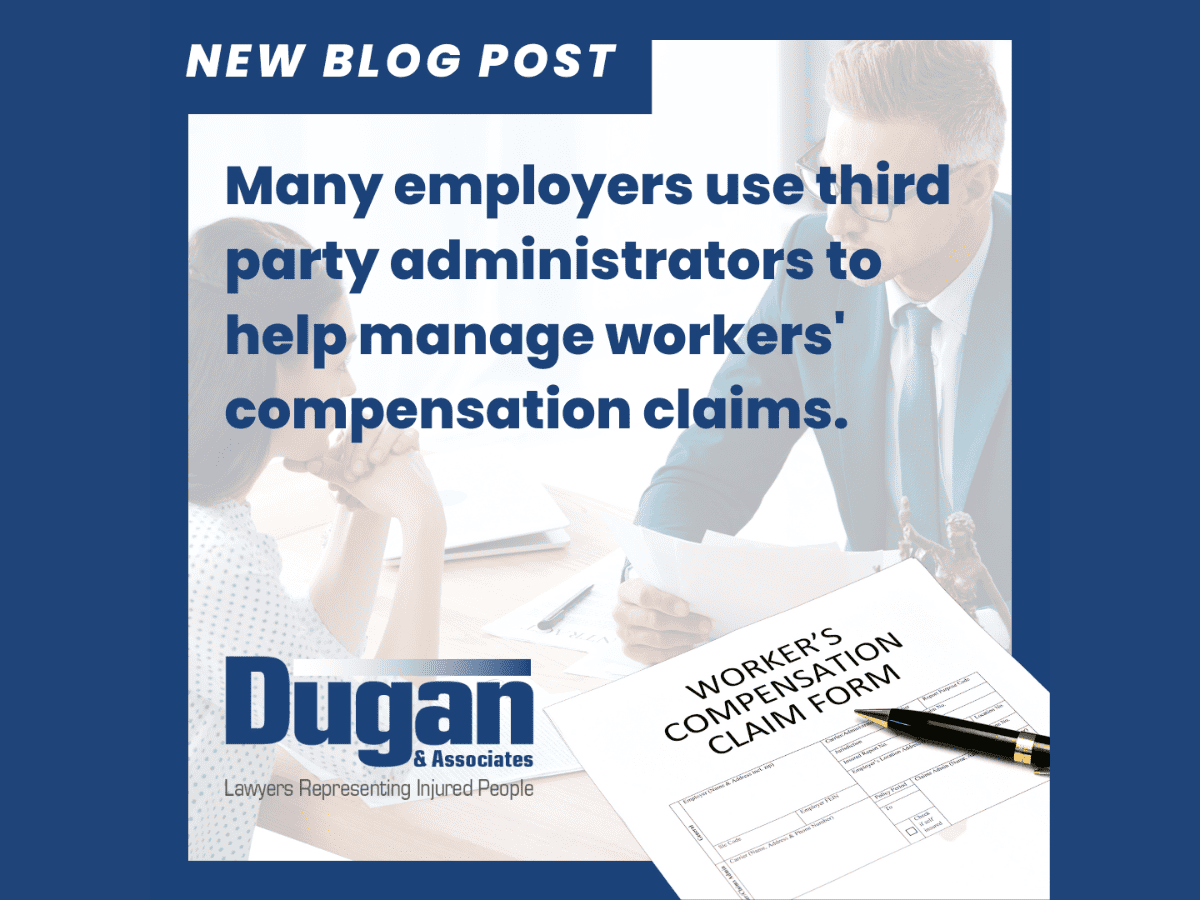Suffering an eye injury or losing vision due to a workplace accident can be life-altering, affecting your ability to work and perform daily activities. Whether the injury results in partial vision loss or complete blindness, Pennsylvania workers' compensation laws provide financial and medical benefits to help injured workers recover and adjust. If you or a loved one has experienced an eye injury or vision loss due to a work-related incident, understanding your rights and available compensation is essential.
Workers’ Compensation Benefits for Eye Injuries and Vision Loss
Workers' compensation in Pennsylvania provides benefits for employees who suffer serious injuries, including eye injuries that result in partial or complete vision loss. These benefits cover medical expenses, lost wages, vocational rehabilitation, and compensation for loss of use of an eye.. Since vision is critical for many job functions, even partial loss can significantly impact a worker’s ability to continue in their profession.
Specific Loss Benefits in Pennsylvania
Under Pennsylvania law, the loss of use of an eye, loss of sight in one or both eyes qualifies for "specific loss" benefits. Where the eye has been injured but not destroyed the test to determine whether compensation is payable for a specific loss is whether the eye was lost for all practical intents and purposes. This is a legal test based on the the worker’s complaints and medical findings in the records for the injury. The loss must be permanent so if surgery will restore some or all of the eye’s function one may not be entitled to specific loss benefits. Loss of use is determined on the basis of the eyesight without the use of corrective lenses.
Steps to Take After a Losing a Limb from a Workplace Accident
- Report the Injury Immediately
Notify your employer as soon as possible. Pennsylvania law requires you to inform your employer within 120 days of your work injury to be eligible for workers' compensation benefits. Immediate reporting is essential to ensure proper medical evaluation and legal documentation.
- Seek Medical Attention
Eye injuries require urgent medical evaluation to prevent worsening conditions or permanent vision loss. Many employers have emergency eye wash stations. Depending on the severity, you may need emergency treatment or follow-up care with a specialist. Pennsylvania law allows employers to designate a panel of physicians for continued treatment, and you may be required to see one of these providers for the first 90 days.
- The Workers' Compensation Claim
Workers' compensation claims for vision loss can be complex, particularly in cases of partial or permanent vision loss or impairment. The employer’s insurance carrier will review the claim and determine eligibility for benefits. If your claim is denied, benefits are delayed, or you are required to undergo additional medical evaluations, contacting an attorney can help ensure you receive the compensation you deserve.
What to Do If Your Claim Is Disputed or Denied
If your workers' compensation claim is denied or disputed:
- Contact an Attorney
An experienced workers' compensation attorney can guide you through the appeals process. Dugan & Associates focuses on such cases and can help protect your rights and secure the benefits you deserve.
- File a Claim Petition
Your attorney may need to file a Claim Petition with the Pennsylvania Workers' Compensation Bureau to request a hearing before a judge. Your testimony will be presented and the testimony of your physician most likely. The judge will review your case and determine whether you are entitled to benefits.
- Prepare for the Hearing
Gather all necessary documentation, including medical records and evidence of the injury. Your attorney will help you prepare your testimony and present your case effectively.
Receiving Compensation for an Eye Injury or Vision Loss
If your claim is approved, you may be entitled to:
- Medical Benefits – Full coverage for all reasonable and necessary medical treatments, including emergency care, surgery, prosthetics, rehabilitation, and ongoing medical needs.
- Wage-Loss Benefits – Compensation for lost wages if your eye injury prevents you from returning to work or if you need time off to recover and adjust.
- Specific Loss Benefits – If you suffer total or partial loss of vision in one or both eyes, loss of use of the eye for all practical intents and purposes Pennsylvania workers' compensation provides specific loss benefits based on the extent of impairment.
- Vocational Rehabilitation Benefits – If your vision loss prevents you from returning to your previous job, you may qualify for retraining, job placement assistance, or other rehabilitation services.
To learn more about the types of Workers’ Compensation benefits provided in Pennsylvania, please click here: https://www.dugan-associates.com/what-are-the-types-of-workers-compensation-benefits-in-pennsylvania/.
Adjusting to Life After a Work-Related Eye Injury
Vision loss can be a challenging and life-altering experience, requiring extensive medical treatment, assistive technology, and occupational adjustments. Workers' compensation benefits can help cover costs associated with vision rehabilitation, assistive devices, and workplace modifications. Additionally, counseling and support services can provide guidance during the transition.
If you or a loved one has suffered an eye injury or loss of vision due to a workplace accident, it is crucial to seek legal guidance to ensure you receive the full benefits and compensation you are entitled to. The experienced workers' compensation attorneys at Dugan & Associates are here to advocate for you and help you navigate the complexities of your claim. We listen and genuinely care about your well-being. Consultations are free, and if there is no recovery of compensation, there is no fee. Contact us online below or by telephone at 412-353-3572.

